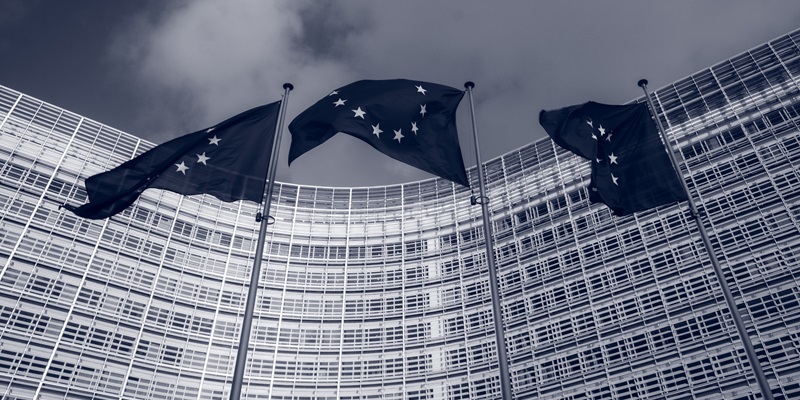The push for limited regulation of foundation models by the French, German, and Italian governments has caught the attention of many. This shift in stance is being attributed to intense lobbying efforts by Big Tech companies. The debate over AI regulation is now at a crucial stage with implications that extend beyond national borders. French experts, including prominent figures Yann LeCun and Yoshua Bengio, have joined forces to express their concerns about Big Tech’s attempts to weaken legislation. This op-ed in Le Monde highlights the growing opposition to corporate influence on the EU AI Act and its parallels to the recent OpenAI controversy.
Opposition to Big Tech’s Influence
The joint op-ed in Le Monde speaks out against ongoing attempts by Big Tech to undermine the EU AI Act during its final phase. It draws attention to the similarities between the OpenAI controversy and the current debates surrounding the legislation. Two conflicting camps have emerged: one group emphasizes the commercial profit potential of AI and the importance of preserving open innovation opportunities, while the other strongly believes in the existential risks posed by AI. The clash between these perspectives has sparked a contentious battle over the future of AI regulation.
Influence of Effective Altruism
An interesting connection has emerged between non-employee board members of OpenAI and the Effective Altruism movement. Effective Altruism proponents argue that AI poses an existential risk and have devoted considerable resources to promoting this idea. The Wall Street Journal recently reported on this lobbying effort, further raising concerns about the influence of Big Tech and the Effective Altruism community.
Lobbying by Big Tech
While the Effective Altruism movement has been active in its lobbying efforts, it is important not to overlook the significant influence of Big Tech companies, including OpenAI. They have also engaged in extensive lobbying to shape AI legislation. The OpenAI controversy, in particular, has provoked discussions about the risks of self-regulation by tech giants. This drama serves as a cautionary tale for EU regulators, highlighting the need for external oversight to prevent abuses of power.
Calls for Stronger Regulation
Brando Benifei, a leading European Parliament lawmaker, emphasizes the need for mandatory regulations instead of relying on voluntary agreements. The ousting of OpenAI’s CEO, Sam Altman, and his subsequent move to Microsoft, has raised concerns about potential conflicts of interest and the effectiveness of self-regulation within the industry. Critics argue that visionary leaders alone cannot be trusted to safeguard against the negative impacts of AI on society.
The Future of the EU AI Act
As negotiations on the EU AI Act continue, the fate of this landmark legislation remains uncertain. German consultant Benedikt Kohn emphasizes the urgency of reaching an agreement as time is pressing. However, there are still several contentious issues to be addressed. Finding a balance between innovation and risk mitigation is a complex task, and stakeholders must come together to create a robust regulatory framework that protects society while fostering technological advancement.
The battle over AI regulation has intensified with the recent lobbying efforts by Big Tech and the concerns raised by the Effective Altruism movement. The OpenAI controversy and its aftermath have brought the need for stronger regulation into the spotlight. EU lawmakers, caught in the crossfire between profit-driven interests and those advocating for responsible AI development, must navigate through these debates and craft legislation that strikes a delicate balance. While the fate of the EU AI Act remains uncertain, one thing is clear: the urgency to address the risks and opportunities presented by AI is not to be underestimated.

